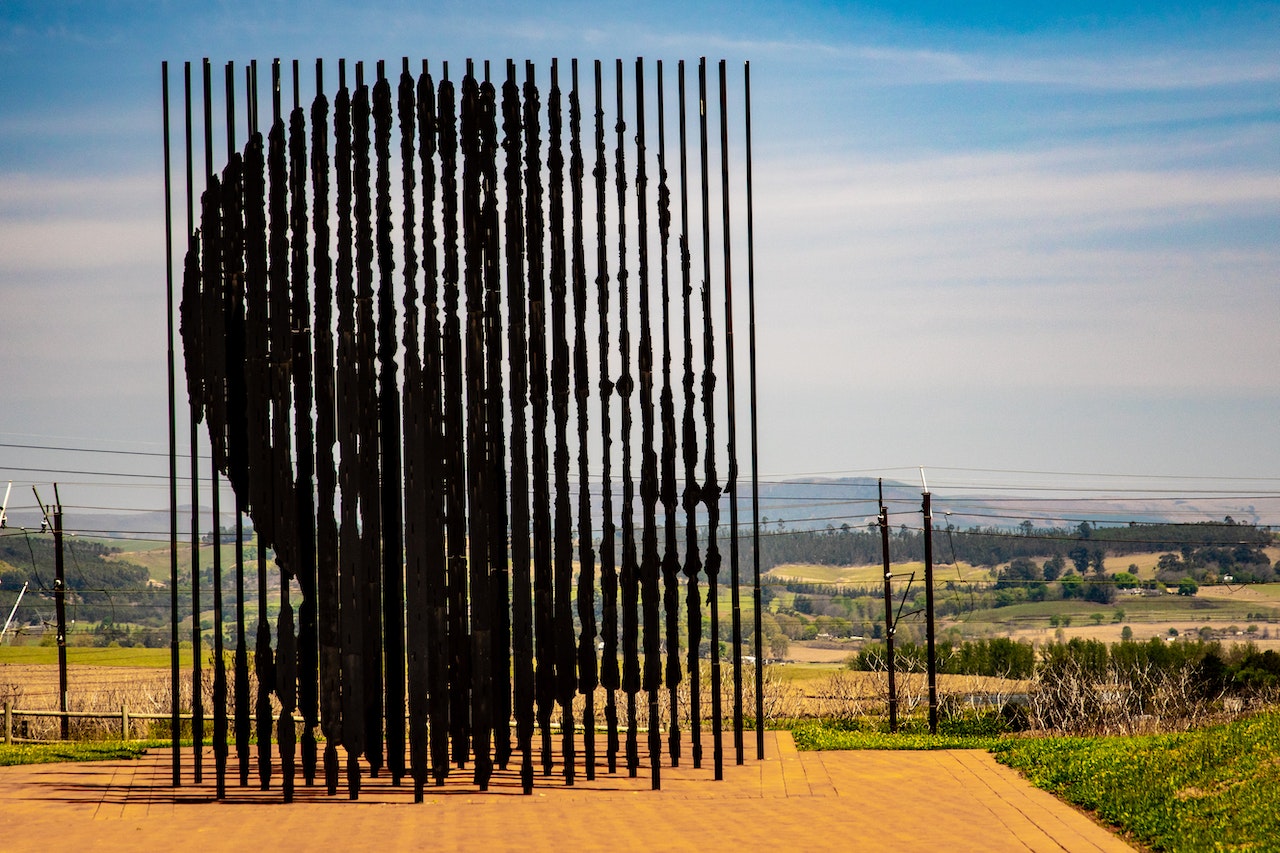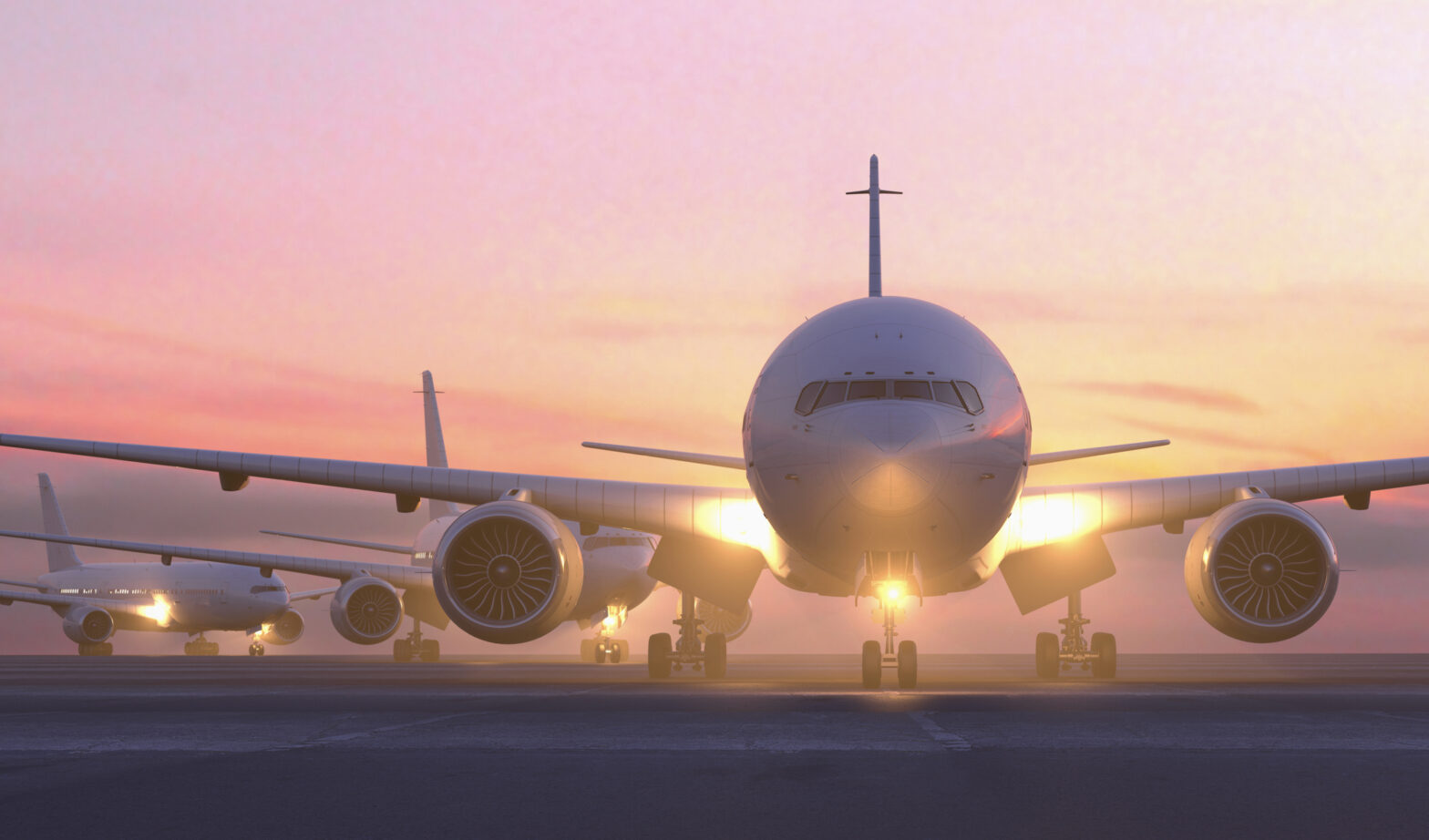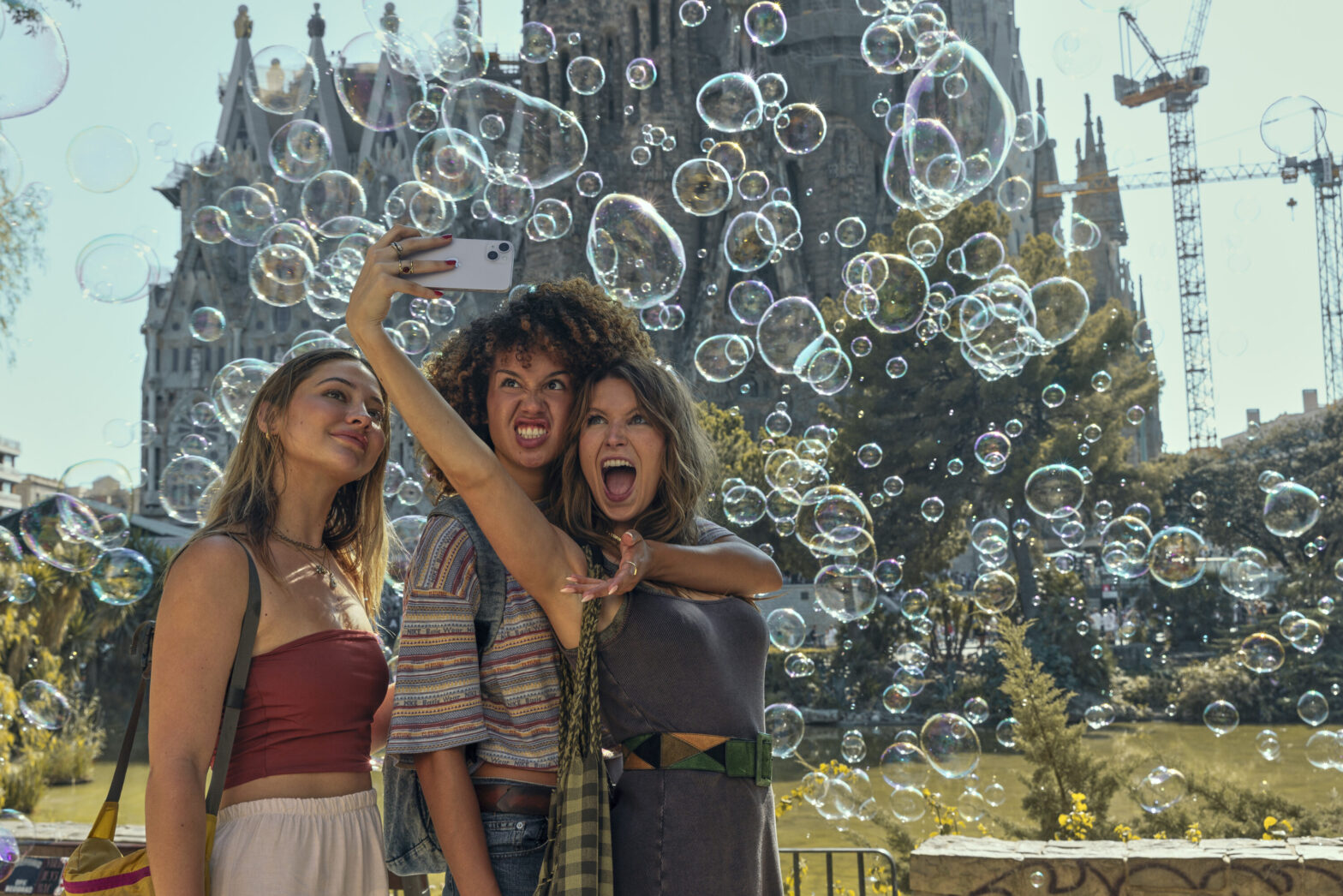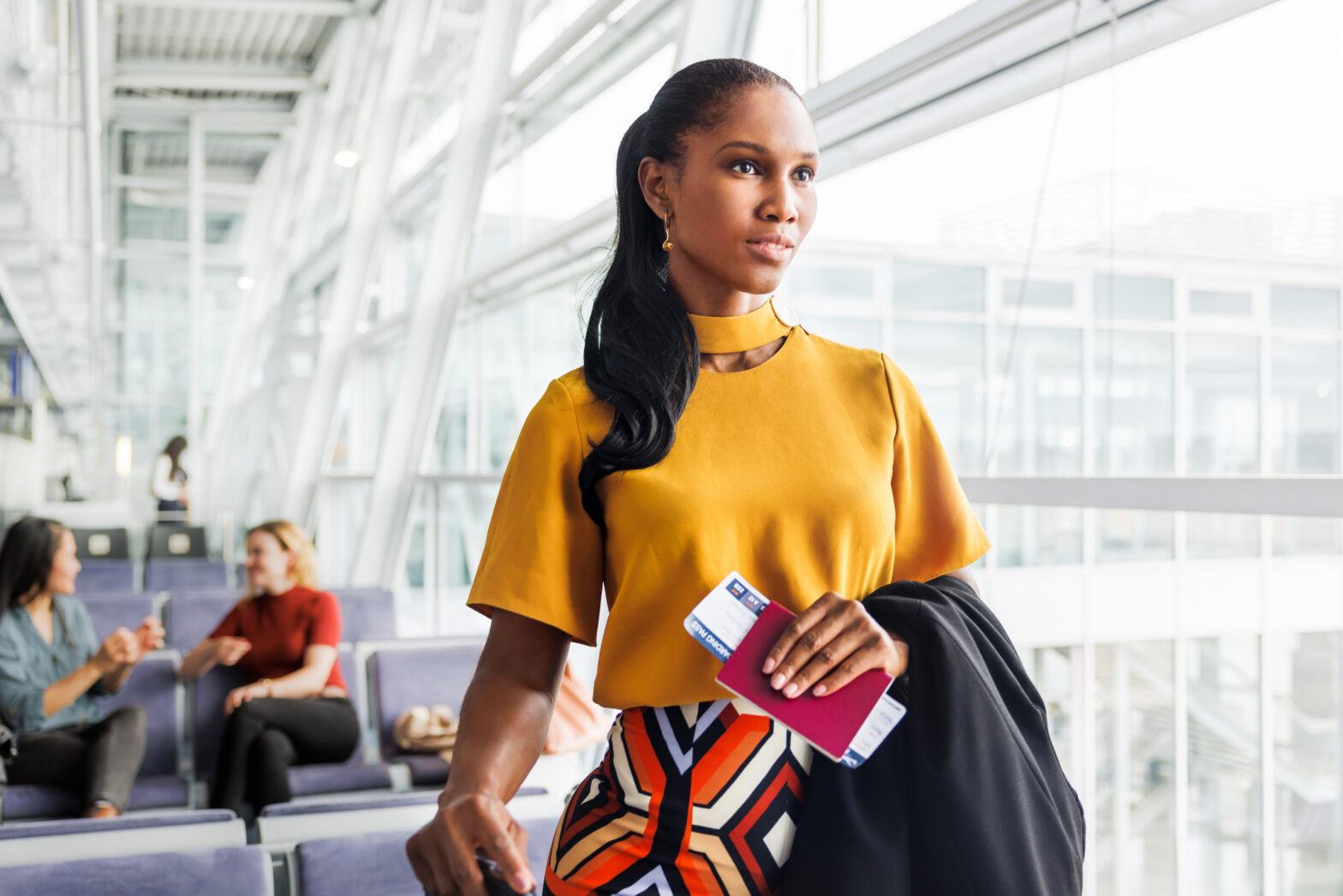International travel is back and the country of South Africa is open, thriving, and ready for visitors. After two years of lockdown and limitations due to a global pandemic, tourism is finally seeing a boom. A resilient country, the people have not only endured setbacks to due COVID but have grappled with the hardships of travel restrictions, school shutdowns, and a recent flood in the KwaZulu-Natal that took many lives while causing major infrastructural damage.
Tourism in South Africa was welcomed back with the commencement of Africa Travel Indaba, which took place on May 2-5, 2022. Indaba means “a meeting to discuss serious topics” in the Bantu people’s language of southern Africa. The trade show experience was held at the Inkosi Albert Luthuli International Convention Centre, in the warm and sunny city of Durban. A collaborative effort amongst premier leaders in tourism across the continent, the energy inside of the conference is the pulse of Africa’s travel industry.
According to the United Nations World Tourism Organization, the continent welcomed some 18.5-million foreign travelers in 2021, up from 16.2-million in 2020. This single trade show serves as a connecting force between the outside world and the Motherland.
TRAVEL INDABA
There is a pulse that carries the rhythm of movement throughout Africa. A syncopated pace shifting the history of sound like an old folksong. This song is what Africa’s Travel Indaba embodies as a collective force. A tourism conference hosting buyers and travel industry professionals from all over Africa, the conference operates at the intersection of domestic, regional, and international travel. The metronome that keeps a steady tempo towards the heart of tourism in the Motherland— a passion to see more sites, ask more questions, and learn more about life.
“When you travel to a place you understand it better, you understand the people.”
During a panel discussion around the pandemic and growth of tourism, South African Tourism’s Acting CEO, Themba Kumalo, described the fundamental impact of global travel .
“A lot of the challenges we face with understanding one another, as peoples across the world, is the that we visit one another. That is when all of the issues that we have with one another start to go away. When you are an international host for tourist from around the world, you better understand your guest.”
Kumalo spoke towards hardships within the continent, recognizing crisis with an optimistic outlook. “Yes, some businesses were lost, but new businesses were born. It was an opportunity to refresh the opportunity that we put out into the world. I believe that we are in better shape now than we were before we went into lockdown and I believe the bounce back is well on the way.”
FREE TO MOVE ABOUT THE CABIN
Even though the pandemic has not gone away, the restraints on travel have gradually been lifting. The flexibility to work from home has made a major impact on tourism as many Americans, who are used to only getting one week off for vacation time a year, are now able to travel longer and work remotely. Many companies, including Blavity and AirBnB, have made these work-from-home company changes permanent, giving their employees freedom to move beyond their cubicles, about the cabin, and into the open world.
In South Africa, lockdown not only interfered with travel but several aspects of leisure and business. For example, the country recently lifted its 20-month ban on alcohol, which prohibited transporting, consuming, and all sales of alcoholic beverages. On average, tourism employs over 24 million people in the county and the sudden decline in international travel had a calamitous impact.
“Everyone is an important part of this process, everyone from the man selling drinks on the beach to the people cleaning hotel rooms, we are all part of tourism,” says Kumalo.
PROTECTING YOU, PROTECTING US
COVID safety was the top priority for every business and establishment throughout South Africa. Beyond on-site testing in most major establishments, many high-trafficked areas offered vaccination tents. Though the Indaba convention center was only at 50% capacity, masks were required indoors and on all shuttles. Local businesses delegated employees to earnestly spray hands upon entry and if there was not an employee, there was a foot dispenser and someone standing nearby with a side eye exchange.
Upon arrival to South Africa, travelers had to provide proof of vaccination through the airline portal as well as at the check-in gate. Airport announcements cycled protocols on repeat, reminding travelers of South Africa’s mission to provide COVID safety with a clear and promising tag line; “Protecting you, protecting us.”
Though most of the rural population of South Africa is not fully vaccinated, COVID safety measures have been adopted by all of those who actively participate in tourism. Prior to leaving, American news continued to perpetuate South Africa as an outbreak mega center, but that was far from true. We were on high alert even though everyone from the local drivers to the elders who hosted us for an afternoon chat at the top of Lebombo Mountains, were masked up to their eyelashes. Formalities were in place to simply keep people working and the economy moving. Overall, safety measures felt like they were consciously enforced, especially in comparison to America’s shift in travel regulation and restrictions.
AFRICA IS THRIVING
Travel is hard on the body, there is no getting around it. Thankfully airlines have started to incorporate new methods to help passengers adjust their circadian rhythms to local time zones in an effort to help to avoid jet lag. These simple additions of dimming lights, tinted windows, and the incorporation of interactive relaxation methods helped to make our 16-hour flight from Johannesburg to Newark, feel more like an 8-hour flight. More airlines are making a conscious effort to use this era in aviation history to upgrade planes and make new routes that align with travel and business needs.
Whether you’re looking for a place to work remotely or yearning for a gentle introduction into the wonders of the motherland, South Africa is a destination with much to offer. Johannesburg serves a buzzing scene of hip hotels, delicious hot spots, and music festivals. The KwaZulu-Natal, better know as KZN, provides everything from luxurious safari, apartheid history tours, and timeless cultural experiences. For runners, Durban is the home of the “Golden Mile” a 6km stretch along the Indian Ocean. If you arrive early enough to greet the sun, the colors are the most luminescent golden hues that paint the beach and anything along its path. Those looking for water adventure can find many spots around the southern coast of the country with the ultimate wonder in the Mother City of Cape Town. This captivating destination has almost everything to offer from the finest foods to museums and guided tours that embrace sovereignty and complicated history.
As a Black American still processing many of the domestic events that took place in 2020, visiting South Africa felt like a familiar song of survival. Africa is thriving and will continue to carry the heartbeat of resilience because that is the way of the people, it is the heart pumping blood with no permission or interference. To be seen in a community of people so close to their oppression, people still working towards the idea of opportunity was vindicating. It opened my eyes to the need for tourism during such a time as now. A time where we are all connected through technology, all united through creativity and collectively writing the lyrics to how to stay resilient during this moment in history.





